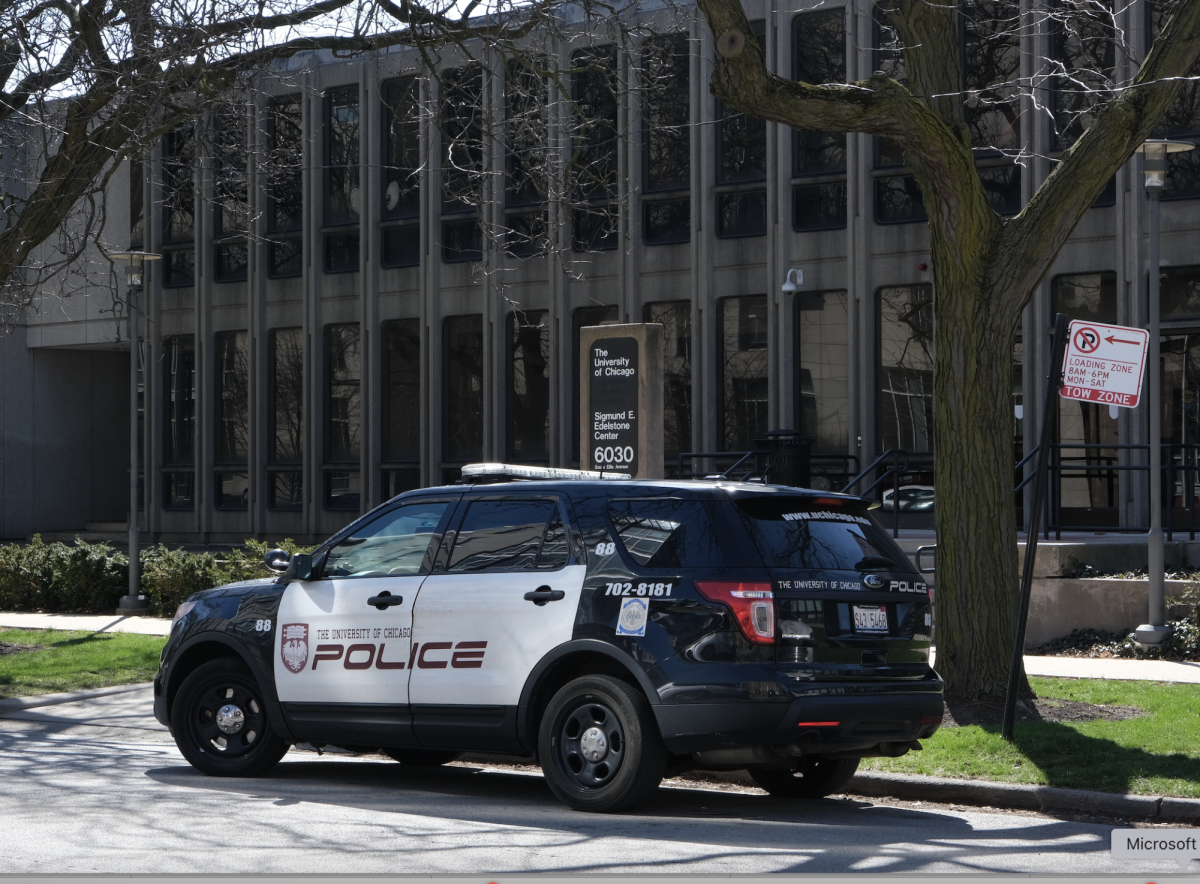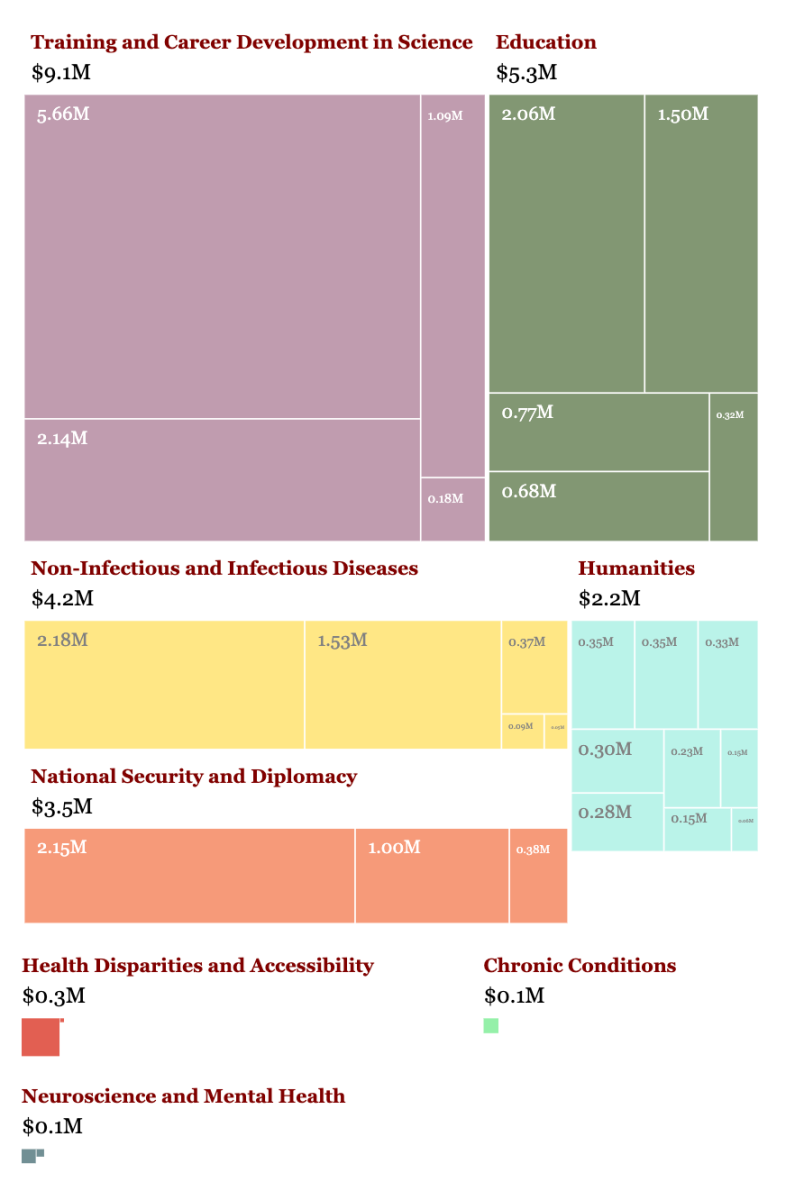In January 2009, during the final days of the second Bush’s second term, three graduate students at the University of Chicago conceived of a new magazine with an intellectual bent. Founding editors Jon Baskin, Jonny Thakkar, and Etay Zwick hoped to “create a public space that could do justice to the adventure of the American mind,” publishing a broad swath of perspectives to foster intellectually rigorous public discourse. The first issue of this magazine, which editors dubbed The Point after Promontory Point, went out that spring, and 11 years and 20-some issues later, The Opening of the American Mind: Ten Years of The Point collected 21 of its essays together in book form. The magazine comprises three sections: symposium, essays, and reviews. The symposium section comprises prose works responding to a philosophical question posed by the editors, which in the first issue asked, “What are politics for?” Subsequent issues, now totaling 24, have questioned the respective purposes of prisons, church, intellectuals, conservatism, poetry, travel, and science. Essays “blend memoir, criticism and journalism to examine the ideas and beliefs that shape our world,” the magazine’s website explains, and reviews can be about “pretty much anything at all.”
Selections from the magazine’s first eleven years appear in The Opening of the American Mind, published by the University of Chicago Press in November 2020. The title counters that of Allan Bloom (A.B. ’49, A.M. ’53, Ph.D. ’55)’s 1987 book The Closing of the American Mind, in which Bloom denounced what he considered the moral and intellectual relativism in academia, contending that it is precipitating a crisis in the humanities. The bulk of the introduction to The Opening and one of its essays address Bloom’s book and its legacy. Bloom conceived of the few years devoted to an undergraduate education in the humanities as the best and possibly only time in a person’s life for philosophical inquiry. Bloom believed that the humanities ought to introduce students to “the fundamental questions: Is there a God? Is there freedom? Is there punishment for evil deeds? Is there certain knowledge? What is a good society? How should I live?” The undergraduate humanities education, he believed, was reserved for the small number of students enrolled at what he considered the best universities. Before its few “charmed” years lay the “intellectual wasteland” of early youth and after them the “inevitable dreary professional training” that follows the undergraduate education. It was Bloom’s belief that “what some pejoratively label the ‘elitism’ of the traditional humanities was in fact their greatest strength” and that “if the humanities relinquished their role as the steward of the great conversation, they risked relinquishing much more than that.”
In the introduction of The Opening, Point editors Jon Baskin and Anastasia Berg write that “the impetus behind The Point ran counter to Bloom’s restrictive account of who was qualified to participate in the conversation of culture.” The objective of the magazine, they write, has “never been to reform, protect or otherwise project the virtues of the university.” They describe a “converse movement” in which intellectual openness, contrary to Bloom’s vision, should not occur exclusively in the university but should “confront the pandemonium of the American mind in its multiple manifestations” by thinking deeply and seriously and then going into the world. It is a movement, directed out and away from every “enclave of settled opinion.” The Opening of the American Mind, they write, is a demonstration of this vision of “the adventure of the American mind,” which unites all the included essays in a collection that is a “prehistory of our present moment.”
Two of the included essays further elucidate the magazine’s mission. “Tired of Winning” by Jon Baskin, a founding and current editor of The Point, is a personal essay that focuses on his first job out of college at the Center for American Progress, a think tank in Washington, D.C. Such organizations, he writes, neither adequately interrogate preconceptions nor persuade others because he found, during his tenure, that the objective was not to learn or investigate, but to present tidbits in a tone that accorded with foregone conclusions. He ultimately concluded that think tanks were characterized by existing “completely within the confines of this self-congratulatory stupor.” Around this time, the mid 2000s, numerous publications that Baskin identifies as “little magazines”—n+1, Jacobin, The Baffler, Pacific Standard, and The New Inquiry among them—emerged at a time thought to have been “after the end of history, after the end of long form and after the end of print.” N+1, which was the first of these to be founded as well as the first to catch Baskin’s attention, expressed “disappointment, or irritation, with the existing intellectual alternatives” and “took for granted that the failure to think was responsible” for much of what seemed wrong in the country, which meant that subjects as disparate as Radiohead, Russian literature, and taking Adderall received the same “passionate intensity.” These magazines, Baskin writes, initially reminded readers of the importance of intellectual inquiry and the overlap of the personal and political. Over the ensuing years, during which he and his colleagues founded The Point, Baskin writes that n+1 and many of the other “little magazines” of the same era had come to resemble think tanks in their methods: “If the intellectual at the think tank was the assistant to the legislator,” he writes, then the advocacy in the little magazines “has become the willing tool of the activist.” Remarking on an appraisal of The Point in The Chronicle of Higher Education as the “‘least left-wing’ of the intellectual magazines that had emerged in the first two decades of the 2000s,” Baskin reiterates the magazine’s purpose as not to promulgate a set of conclusions but “to conduct a conversation about modern life that includes but is not limited by political conviction.” He goes on to write that the editors “believe there are still readers who are more interested in having their ideas tested than in having them validated or confirmed,” and that The Point exists to foster an inquiry among its authors and these readers. Baskin wrote in an email to The Maroon that the essay, published in the spring 2018 issue, helped distinguish The Point’s mission from those of other magazines and marked the beginning of a rapid increase in readership.
The book comprises five sections: “The End of the End of History,” “After Ferguson,” “Final Fantasy,” “Tired of Winning,” and “Thinking Ahead.” The sections form a chronological sequence with a particular emphasis on the last few years. According to Baskin, the collection’s purpose is to track American political life during the course thus far of The Point. As a result, he wrote, the overall selection of essays “may have tilted things toward the increasingly intense political years in the second half of the decade.” Hewing to the theme of American politics “meant leaving out what [the editors] consider some of the best essays in the magazine’s history that have little to do with American politics.”
The third and fourth essays in “The End of the End of History” address two figures whose influence and legacy crops up throughout the collection: Margaret Thatcher and Francis Fukuyama. In “No Such Thing?,” originally published in the fall 2013 issue of The Point, Thakkar, a founding editor of The Point who is now an assistant professor of political science at Swarthmore College, assesses the legacy of Margaret Thatcher shortly after her death in 2013. The essay takes its title from her now-notorious comment that “there is no such thing as society,” a remark Thakkar examines in the context of the speech in which it was given in order to understand both what she may have meant and what she has generally been understood to mean. Thakkar begins by asking why he and others of his generation hated Thatcher so much. “Whence the ongoing passion, more than 23 years after she was forced from office?” He goes on to note that despite the animus directed toward her, “leftist parties, so quick to criticize neoliberal policies” when contesting incumbents, “have consistently pursued them once in power.” In the years following the Thatcher era, with no viable alternative to neoliberalism having emerged, Thakkar writes that “hating Thatcher is the easy part,” insofar as “disdainful superiority is itself unstable,” and failings to offer solutions of its own. Thakkar then gives a close reading of the “no such thing” comment in its original context, which he avers was not a statement of extreme individualism, but a statement that “community and society don’t simply exist out there regardless of what we do” and that they come into being when each person “take[s] responsibility for producing them.” Connecting this notion of society and the duties of its members to Plato’s Republic, with detours to Thomas Aquinas and elsewhere, Thakkar posits a preliminary vision for how to contribute “to the creation of a genuine society” by redefining the responsibilities of citizens to each other and the proper motivations for work.
Daniel Luban examines similar questions about neoliberalism in “Forward with Fukuyama.” In 1989, Francis Fukuyama published an essay titled “The End of History?” in which he argued that the end of the Cold War marked a culmination of humanity’s sociocultural evolution, with neoliberal capitalist democracy the triumphant mode of political organization. Fukuyama posited that this end of an era was an end of strife—an end of history. This was the interpretation of most critics.
It was, in Luban’s reading of Fukuyama, not an end that would necessarily last forever, and this is where he probes further.
Luban wrote in an email to The Maroon that he had “always thought that Fukuyama was a more interesting figure than his critics gave him credit for” and that the Point editors’ request that he review Fukuyama’s two-volume work Political Order allowed him to offer a more nuanced appraisal of "The End of History," which in the essay he describes as having often been “treated as little more than a rhetorical punching bag.” Luban argues that most critics missed the subtleties. History, in his reading of Fukuyama, ends in the absence of a “world-historical challenge to liberal capitalist democracy.” While there are still conflicts, they occur within an encompassing capitalist ideology rather than among capitalist and noncapitalist ones. Neither Donald Trump nor Bernie Sanders, politicians of strikingly disparate values, sit “outside the end of history understood more broadly,” Luban stated in his email. He also notes a tension in Fukuyama’s work, missed by most critics despite being implied in the title of his 1992 book The End of History and the Last Man, between the Hegelian notion of a final endpoint toward which history has been progressing and a Nietzschean “need for heroism as opposed to harmony, our urge to struggle for superiority rather than settle for equality.” In Luban’s reading, there is the possibility that history may restart at any time. He ends the essay on this note, remarking that “we still lack the vocabulary to describe what is happening around us, but perhaps this very lack is a sign that the end of history will not last forever.”
John Michael Colón takes up the same themes in “The Dictatorship of the Present,” originally published in the summer 2019 issue. This, the longest piece in The Opening of the American Mind, opens the prefatory section with the statement that “thirty years ago socialism was dead and buried.” Colón, who identifies himself to readers as “a socialist, but also an artist and fellow humanist,” summarizes the supposed end of socialism as a viable political ideology during the period after the Cold War, which saw the publication of Fukuyama’s The End of History and the Last Man and a belief in an end of history. He goes on to note the widespread “rejection of an elite political consensus that not long ago people could—without irony!—call the ‘end of history.’” His aim in the subsequent three sections—past, present, and future—is to relate his biography in tandem with his political involvement to convince readers that “only some sort of democratic socialism can preserve anything like democracy in our global society.”
In the first numbered section, “The Past,” Colón begins by alternating between recollections of his upbringing in New Jersey and a reading of Animal Farm. Colón’s story of his background forms the backdrop for his sense that “everything [he] experienced seemed to be [a] brainwashing” meant to convince him, and all of us, that “things had always been like this; they would go on like this; and they would be like this forever” in a future that promised “to be an endless dictatorship of the present—a sprawling, flavorless, thoughtless capitalist eternity.” Regarding Animal Farm, Colón focuses on the final scene, in which the farm animals observe a meeting between the Soviet pigs and capitalist humans, which he argues demonstrates that “Soviet-style ‘communism’ was reprehensible precisely to the extent that it was similar to capitalism.” What follows is a brief summary, with numerous footnotes citing suggestions for further research, of what he considers “the ongoing battle between capitalism and democracy.”
As “The Present” begins, Colón describes the 2008 financial crisis and the Obama administration as “a lost decade.” He “experienced the Obama years as a massive disappointment,” and during what he calls “a global revolutionary wave,” which began with the Arab Spring and then spread to numerous other countries, he watched with great interest the American iteration of this movement, Occupy Wall Street. In trying to define what Occupy represented, Colón writes that “if [he] had to cram the answer into a thesis statement,” Occupy was “ultimately an attempt to reclaim public space” that also “reclaimed our ability to create new worlds.” At Princeton University, where Colón was an undergraduate, he became involved with campus activism. He eventually became dissatisfied with the dominance of “identitarianism,” the belief that “moral and even political authority can be conferred to individuals by virtue of group oppression.” This set of “autocratically enforced dogmas,” he says, “has had a noxious effect” and has “created currents of backlash and resentment.” “The Present” concludes with Colón frustrated with “the suffocating atmosphere created by identitarianism” yet still “devoted to the ideal [he] had seen made flesh at Occupy—the ideal of a radically democratic world, of a world without rulers.”
“The Future” opens with Colón, after “several years” of distrust directed at “what [he] saw as the disingenuous manipulation of identity on campus,” finding an organization that seemed to offer a possibility for working toward his ideal: the Democratic Socialists of America (DSA). Much of this section describes the DSA’s history and current practices, in favor of which Colón proffers arguments and citations for additional research. He ends the essay with a hope for “a socialism where democracy permeates every aspect of our lives” and a belief that the “collapse of the old order” may allow this to happen.
As the editors state in the introduction, The Point as a whole comprises an oblique critique of Allan Bloom’s The Closing of the American Mind. Jacob Hamburger’s essay, originally published in the winter 2018 issue, directly addresses Bloom’s work and legacy. Bloom, Hamburger writes in the opening lines, “was an elitist,” someone who championed “excellence in an age of vulgarity.” Bloom was known for what his friend Saul Bellow later imparted to the titular character of his novel Ravelstein: Francophilia, expensive European suits, a vast collection of recorded classical music, and a lavishly decorated apartment. According to Hamburger, Bloom was also contradictory, insisting that “he was merely a product of America’s democratic promise,” a man who exemplified the fact that “thanks to its universities, anyone can make it in America.” This tension between the stratification of elitism and the equalizing impulse of democracy were at the heart of The Closing of the American Mind, in which Bloom excoriated the changes in university curricula that had begun in the 1960s and defended what he saw as the university’s role in democracy. “The question for Bloom,” Hamburger writes, “was not whether America should or shouldn’t have elites, but rather what kind of elite was most compatible with democratic ideals.”
As the editors state in the introduction, The Point’s goal is to foster discourse rather than to pronounce answers. The essays analyzed here address similar sets of issues, albeit in different ways and with different conclusions. Of the many other essays included in The Opening of the American Mind, the same is true: Each is devoted to intellectual inquiry, but none are in precise agreement. Readers will therefore find much to challenge their thinking, which will, the editors hope, be a part of the opening of the mind in the title. This is, after, what the University of Chicago’s unofficial motto asks us to do: live the life of the mind.









